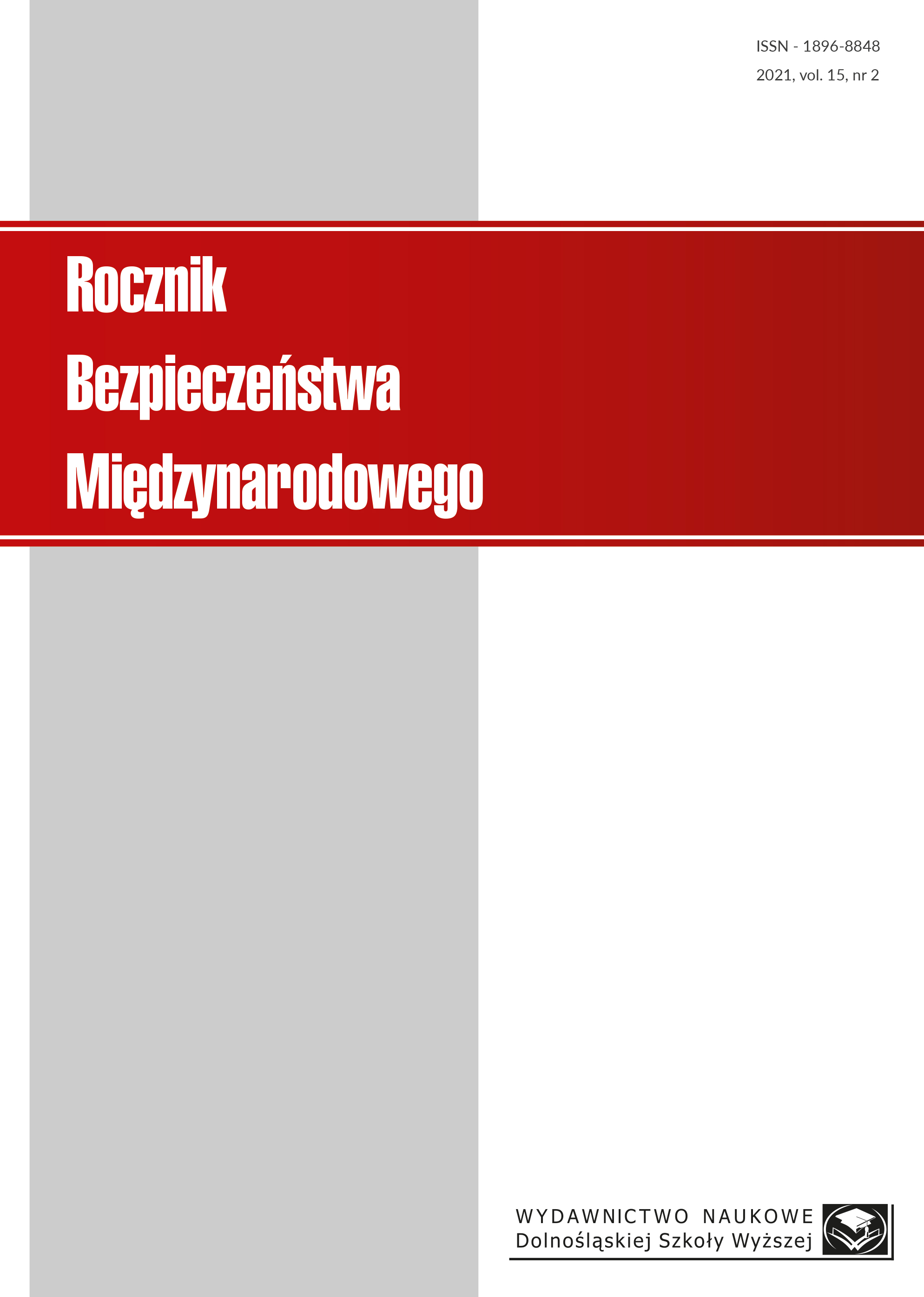Polityka cyberbezpieczeństwa Unii Europejskiej na początku trzeciej dekady XXI wieku
European Union Cybersecurity Policy at the Beginning of the Third Decade of the 21st Century
Author(s): Agata MałeckaSubject(s): Politics / Political Sciences, Supranational / Global Economy, Business Economy / Management, Governance, Government/Political systems, International relations/trade, Security and defense, Welfare systems, EU-Approach / EU-Accession / EU-Development, ICT Information and Communications Technologies, Geopolitics, Peace and Conflict Studies
Published by: Wydawnictwo Naukowe Dolnośląskiej Szkoły Wyższej
Keywords: European Union;cybersecurity;cyber defence;cybersecurity policy;
Summary/Abstract: The nature of the EU's cybersecurity policy has been changed as a result of the evolution of the catalog of present-day threats. Hence, the European Union's activity in the cybersecurity area in recent years has begun to extend beyond strictly business and economic aspects to include the defense sphere as well. The EU institutions engaged in building safe cyberspace, both within the European area and the global cooperation on cybersecurity. The subject matter of research is the current EU cyber security policy - its determinants and nature. The author aimed to explain the reasons for the engagement of EU institutions in cybersecurity policy during the last five years: the Union's authority in the cybersecurity domain, the development of the digital market and its impact on the Union's low-carbon economy, and the Union's aspirations to broaden the framework of the Common Security and Defence Policy by incorporating cyber defence aspect. The second goal of the article was to describe the shape of the EU cybersecurity policy. The study examined the EU's ability to create a cyber policy after the Lisbon Treaty, EU economic growth priorities in relation to safe cyberspace, the connection between cybersecurity aspects and the so-called European Green Deal, and cyber defence issues under the Common Security and Defence Policy. To achieve the above-mentioned aims, the author used mainly qualitative methods: legal analysis, process tracking method and decision-making method.
Journal: Rocznik Bezpieczeństwa Międzynarodowego
- Issue Year: 15/2021
- Issue No: 2
- Page Range: 69-91
- Page Count: 23
- Language: Polish

